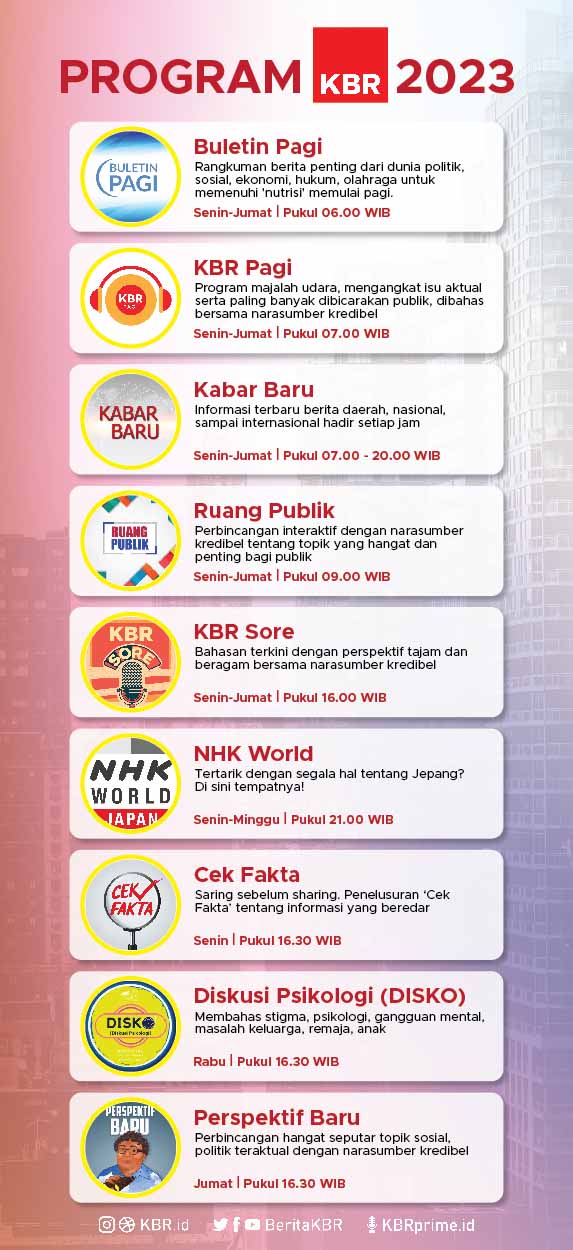The local fishermen along the Irrawaddy have historicanlly had an intimate relationship with the dolphins.
With a rhythmic tapping of wooden sticks on the sides of their boats they let the dolphins know they are about to begin a day's work.
The dolphins round up the fish and signal to the fishermen where the net should be cast.
As a reward, they get a cut for themselves says San Lwein.
“We call them our dolphin brothers. They always work as a pair which is why we gave them this name.”
But after years of working side by side with the fishermen, the dolphins are suddenly shying away.
The reason is ‘electrofishing’.
Generators on board fishing boats supply a battery with electricity, which then pass an electric current through the water.
It doesn’t only attract and stun the fish, but it also paralyzes the dolphins who often drown when they're unable to come up for air.
“Dolphins are very clever. They have similar brains to humans. They now associate our calls with electric shocks. If we want to continue making a living from fishing, we should stop using electric shocks for fishing.”
The Myanmar Tourist Guides Association believes tourism may offer some hope.
They have organised a study group of tour guides and local authorities together with dolphin conservationists.
Though fishing with electricity is illegal, many people still do it.
“Inside this conservation area, we patrol twice a month. When on patrol, we help the dolphins. Now, we also run education programmes along the river,” says Kyaw Hla Thein from Animal Conservation Group.
Big projects that are extracting natural resources in the area are another big threat to the dolphins and the river.
By educating local fishermen, tourists and local authorities about fishing practices and deforestation, conservation groups hope it will lay the foundations for a sustainable future.
“More than 60 local tour guides, 12 tour guides from Yangon and two from Bagan, all came here to learn about the dolphins and the river,” says Win Zaw Oo from Myanmar Tourist Guides Association.
“Our aim is to teach them about conservation of the dolphin.”
The fishermen like San Lwin say that as more and more dolphins disappear the yield from fishing is decreasing.
“In the past, we could rely on dolphins to make a living. However at this stage we can’t rely on dolphin fishing alone to make a living. We have to fish on our own everyday.”
Those who know the river say it’s changing fast says tour guide, Tin Tun.
“I have been living on the Irrawaddy river my whole life. I remember when the forest in the delta was large enough that rhinoceroses could live here. Now I can’t even see the forest at all.”
But raising awareness to sustainable fishing practices can only go so far.
More action is needed to change the way big investment projects are damaging the dolphin’s habitats.
Irrawaddy Dolphins Under Threat from Electrofishing
Southeast Asia

INDONESIA
Sabtu, 14 Des 2013 13:50 WIB


Burma, Irrawady, dolphin, tourism, DVB
Kirim pesan ke kami
WhatsappRecent KBR Prime Podcast
Kabar Baru Jam 7
Strategi Perempuan Pengemudi Ojol Mengatasi Cuaca Ekstrem (Bag.4)
Arab Saudi Bangun Taman Hiburan Bertema Minyak di Tengah Laut
Menguji Gagasan Pangan Cawapres
Mahfud MD akan Mundur dari Menkopolhukam, Jokowi: Saya Sangat Hargai




